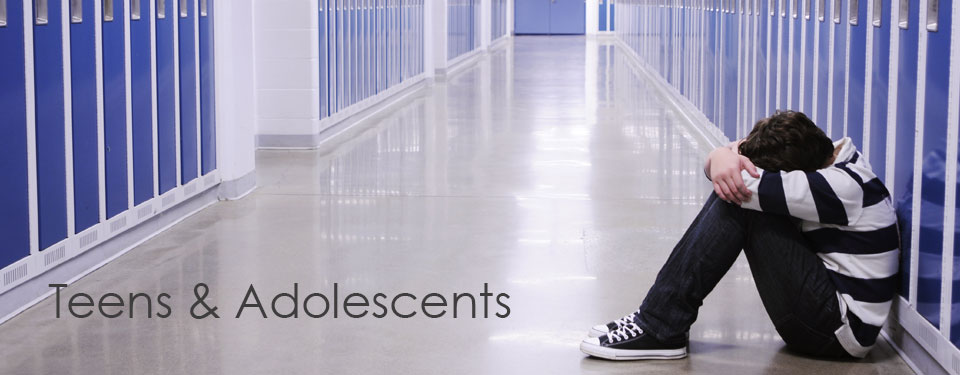Is your teenager not talking to you? Do they seem depressed? Angry? Sad? Lost? Is your teenager struggling with the growing pains of becoming an adult? What if my teen is gay or transgender?
As a parent, therapy for your teenager is a process that can lessen the chaos in the house, invite back the child you remember and give them the tools to grow and succeed.
As an adolescent therapist, I create an environment of trust and safety where teenagers can explore their feelings, express themselves freely and find out who they are.
And for LGBTQ teens the journey can be even more challenging. It's tough feeling different, unsafe, and out of place during the coming out process. I work with LGBTQ teens and their families to ease the struggle of coming out in an environment of acceptance and understanding. To learn more about therapy for LGBTQ teens and their families visit my companion site www.GayTeenTherapy.com.
Teens talk to me and I listen, helping them discover who they are and how they want to be in the world. In a fun, supportive therapy session we work together to chase away fear, stress, anxiety, and depression and invite in strength and awareness.
Teenagers are at a unique stage in their development where they are discovering who they are and how they want to be in the world. Their wants and needs may change from day to day as they try on new beliefs and ways of being leaving you as a parent feeling off balance and confused. Supporting teenagers during this period of exploration is a vital part of their growth process and therapy can be an effective tool to support this process when it gets overwhelming for the family.
When considering therapy for your teen it is important to realize that every teenager is different and even normal development varies from child to child. Many everyday stresses such as school, relationships, and family expectations can cause changes in behavior.
You may be worried because you have noticed behavior changes in your teen. Problems deserve attention when they are persistent and negatively impact a family’s daily activity. Some of those changes in behavior may include:
- Your teen may not seem as happy as the used to
- They hang out with different friends
- It is difficult for your teen to concentrate or remember things
- Their grades or school performance drops suddenly
- They spend lots of time alone, away from family and friends
A depressed or anxious adolescent may pretend to be sick, refuse to go to school, sulk, get into trouble at school, be negative, grouchy, and feel misunderstood.
Remember that teens think and express themselves differently from how adults do but their needs are just as vital. It is often easier for teenagers to avoid expressing their feelings rather than sharing them and feeling vulnerable. Adolescents have fewer opportunities for social support and may prefer to hide their pain and pretend that they are "OK" because they do not want to be "different" from their peers.
Cycling between communication and isolation is very common and can leave you feeling lost and confused. This is a time when therapy for teens can be of assistance in creating channels of communication for the family, address the effects of teen anxiety and adolescent depression, as well as assisting you teenager in building their own set of social and support skills.



